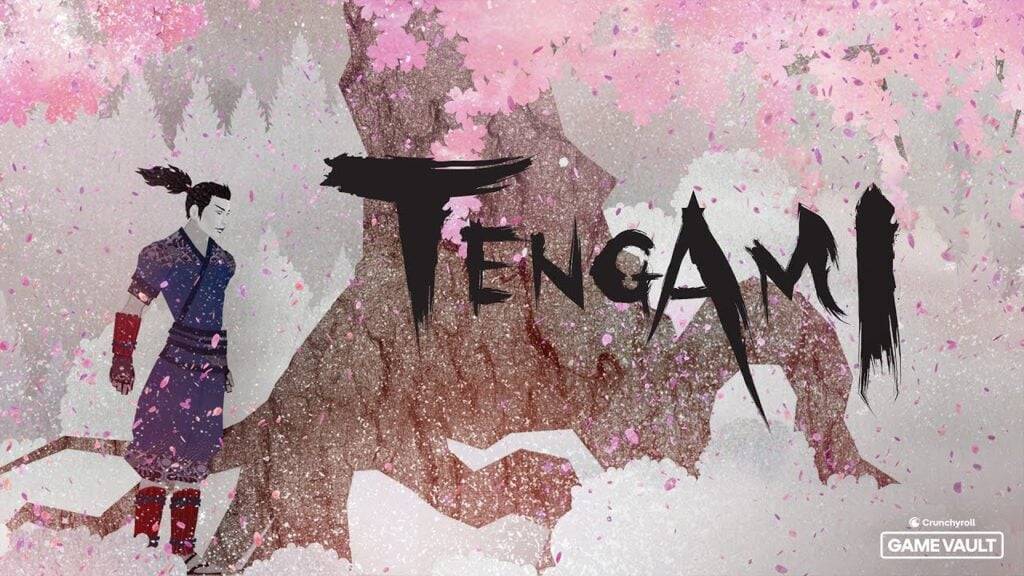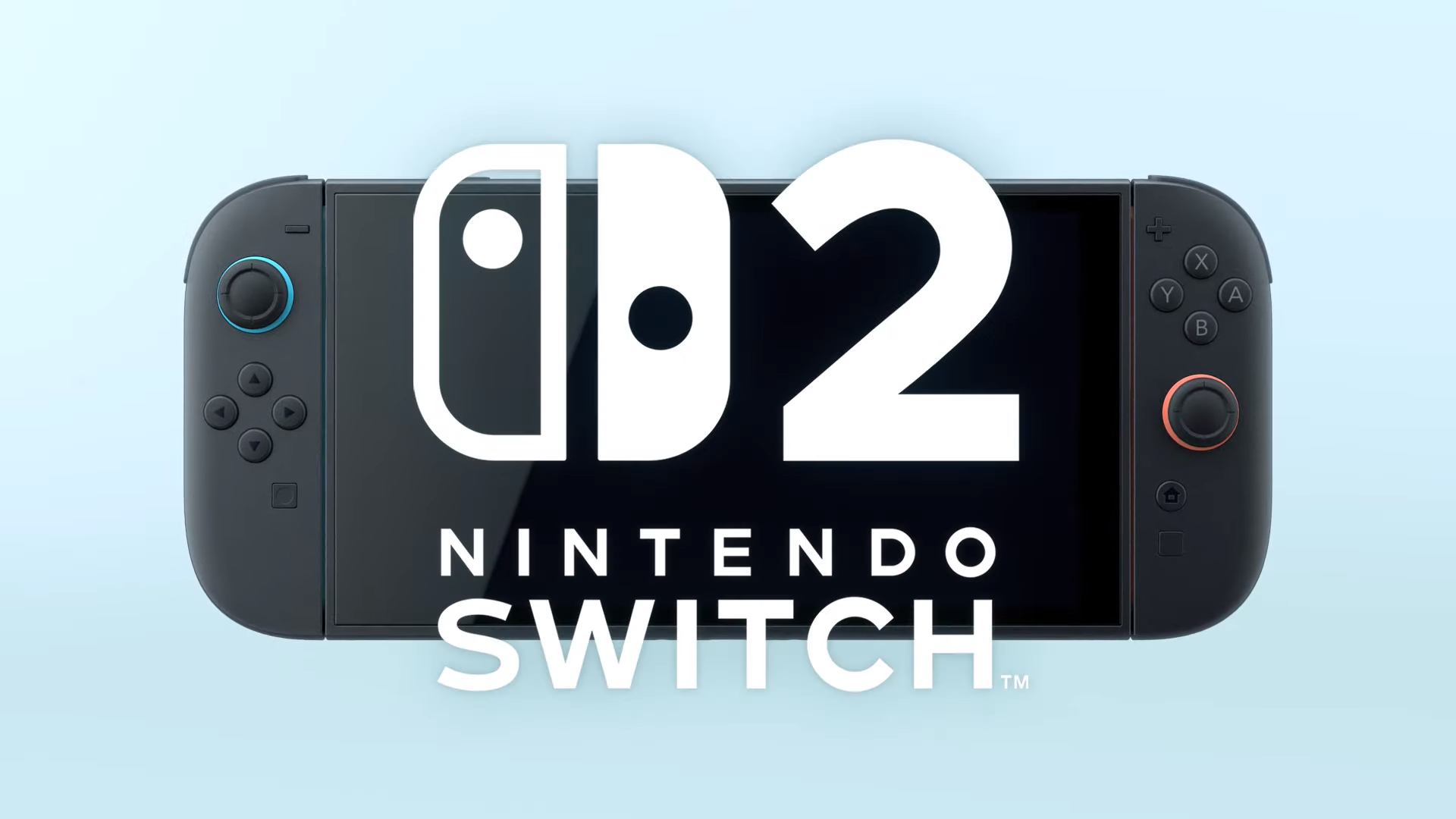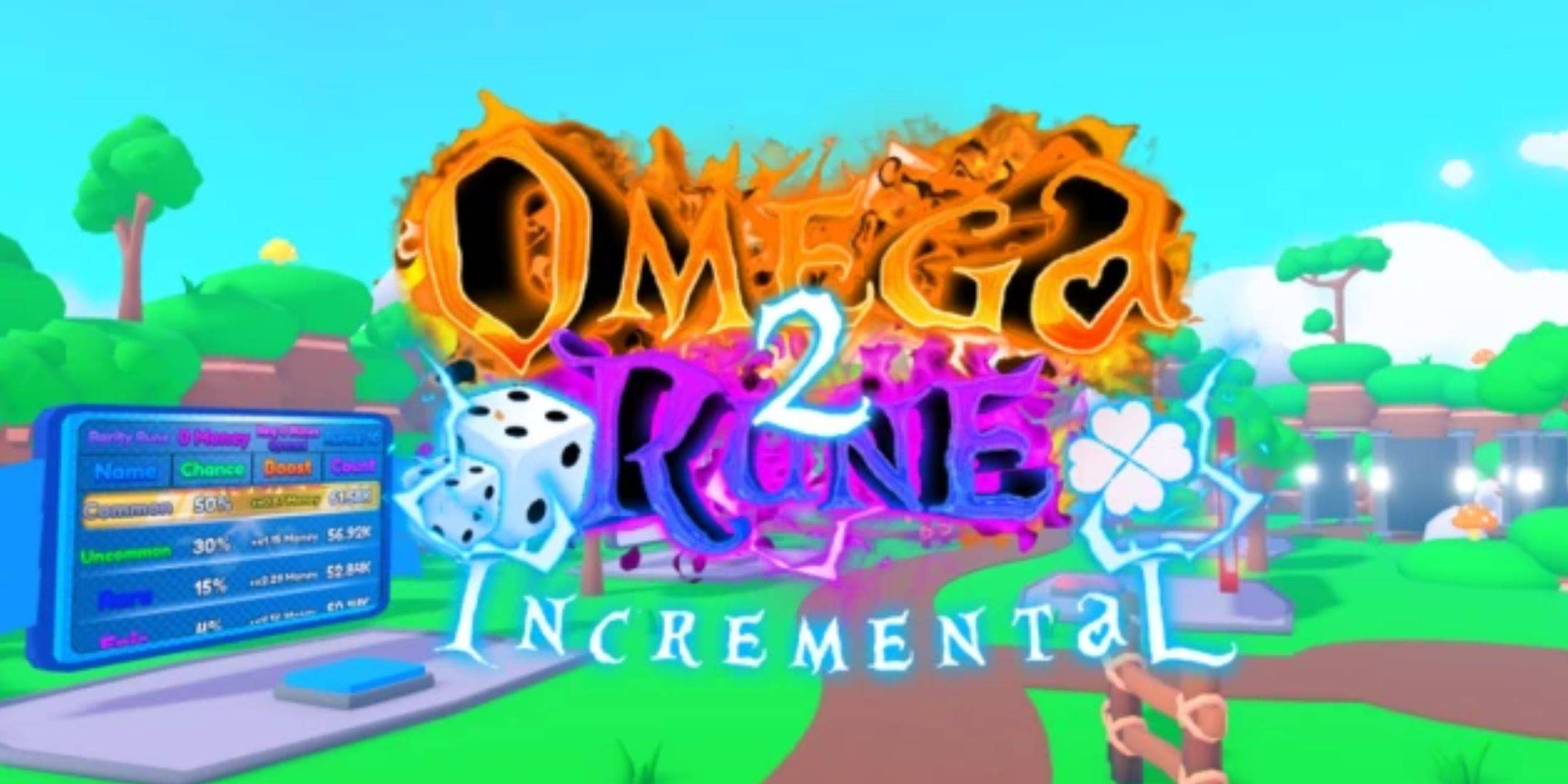Console War: Is It Finally Over?
- By Hunter
- Apr 26,2025
The age-old debate between PlayStation and Xbox enthusiasts has been a staple of the modern video game community. You've likely participated in this discussion at some point, whether it was through a Reddit thread, a TikTok video, or a spirited conversation with friends. While some gamers swear by the superiority of PC or the charm of Nintendo, the last two decades of gaming have largely been shaped by the rivalry between Sony and Microsoft. But with the video game industry undergoing significant transformations, one must ask: Is the console war still raging, or has a winner finally emerged?
The video game sector has transformed into a financial powerhouse in recent years. In 2019, global revenues reached $285 billion, soaring to $475 billion by last year, surpassing the combined earnings of the movie and music industries, which totaled $308 billion and $28.6 billion respectively in 2023. Analysts project the industry to hit nearly $700 billion by 2029, a testament to its meteoric rise from humble beginnings.
This growth has not gone unnoticed in Hollywood, with actors like Mads Mikkelsen, Keanu Reeves, Jon Bernthal, and Willem Dafoe lending their talents to video games in recent years. Their participation underscores the changing perception of video games as a legitimate and lucrative entertainment medium. Even giants like Disney are entering the fray, with a $1.5 billion investment in Epic Games under Bob Iger's leadership, signaling a strong push into gaming.
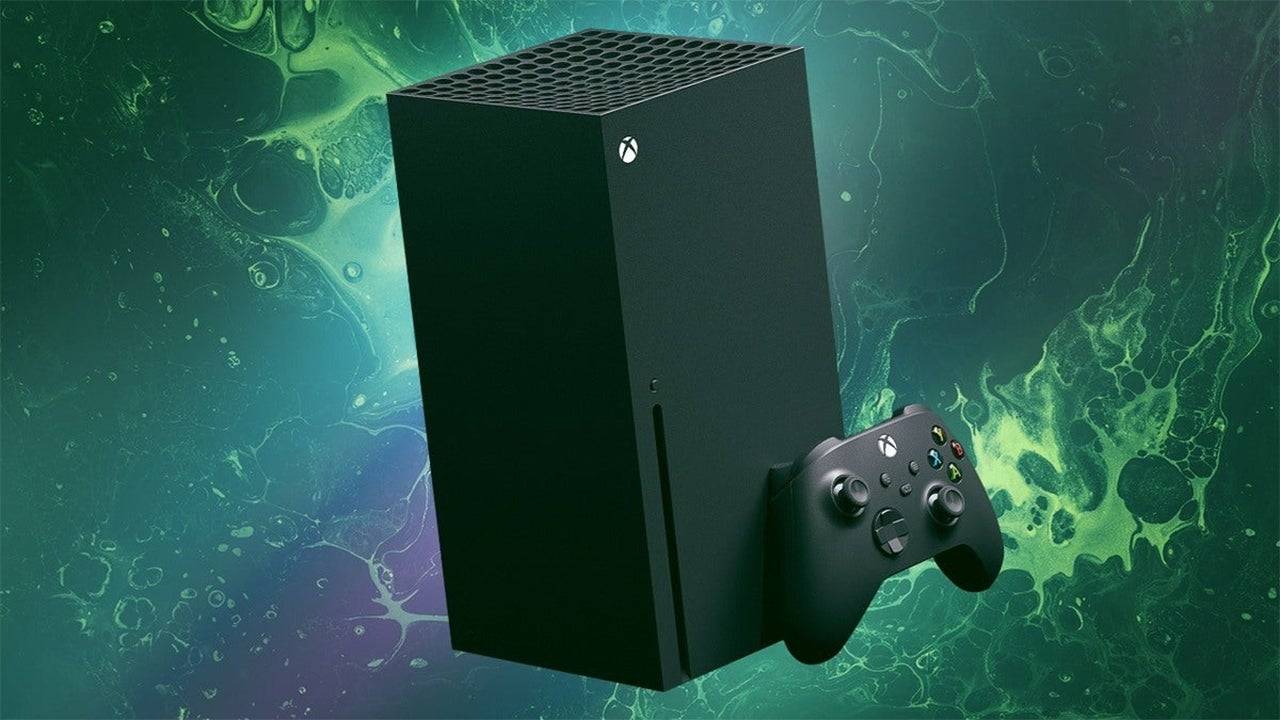
The Xbox Series X and S were designed to be a significant leap forward from the Xbox One. However, the newer models have not captured the market as expected, with the Xbox One outselling the Series X/S by nearly double. According to Mat Piscatella from Circana, the current console generation may have already peaked in sales, casting a shadow over Xbox's future. In 2024, the Xbox Series X/S managed to sell less than 2.5 million units for the entire year, while the PlayStation 5 achieved the same number in just the first quarter. Rumors of Xbox potentially shutting down its physical game distribution department and pulling out of the EMEA region further suggest a retreat from the traditional console market.
Microsoft's stance seems clear: Xbox isn't just retreating; it has already surrendered. During the Activision-Blizzard acquisition, Microsoft acknowledged that Xbox never had a realistic chance in the console war. With the Xbox Series X/S struggling and Microsoft's candid admission of its position, the company is shifting focus away from traditional console manufacturing.
Xbox Game Pass has become a focal point for Microsoft, with internal documents revealing the hefty fees the company is willing to pay for AAA titles on the subscription service. This move underscores Microsoft's commitment to cloud gaming. The 'This Is An Xbox' campaign further hints at a redefinition of the Xbox brand, moving away from being just a console to a versatile gaming service accessible across multiple platforms.
Rumors of an Xbox handheld device and Microsoft's plans for a mobile game store to rival Apple and Google indicate a strategic pivot towards mobile gaming. Xbox chief Phil Spencer has acknowledged the importance of mobile gaming in shaping the company's future. With over 1.93 billion of the estimated 3.3 billion gamers worldwide using mobile devices in 2024, it's clear why Microsoft is focusing on this sector. Mobile gaming now accounts for half of the video game industry's $184.3 billion valuation, with consoles representing just $50.3 billion.

The rise of mobile gaming isn't a recent phenomenon. By 2013, Asian markets were already far ahead of the West, with mobile games like Puzzle & Dragon and Candy Crush Saga outperforming even GTA 5 in revenue. Over the 2010s, mobile titles dominated the highest-grossing games, a trend that continues to influence the industry.
PC gaming, while not as explosive as mobile, has also seen significant growth, with an increase of 59 million players annually since 2014, reaching 1.86 billion in 2024. Despite this, the PC gaming market's value gap with consoles has widened, suggesting a complex landscape for Xbox, which has heavily invested in Windows PCs.
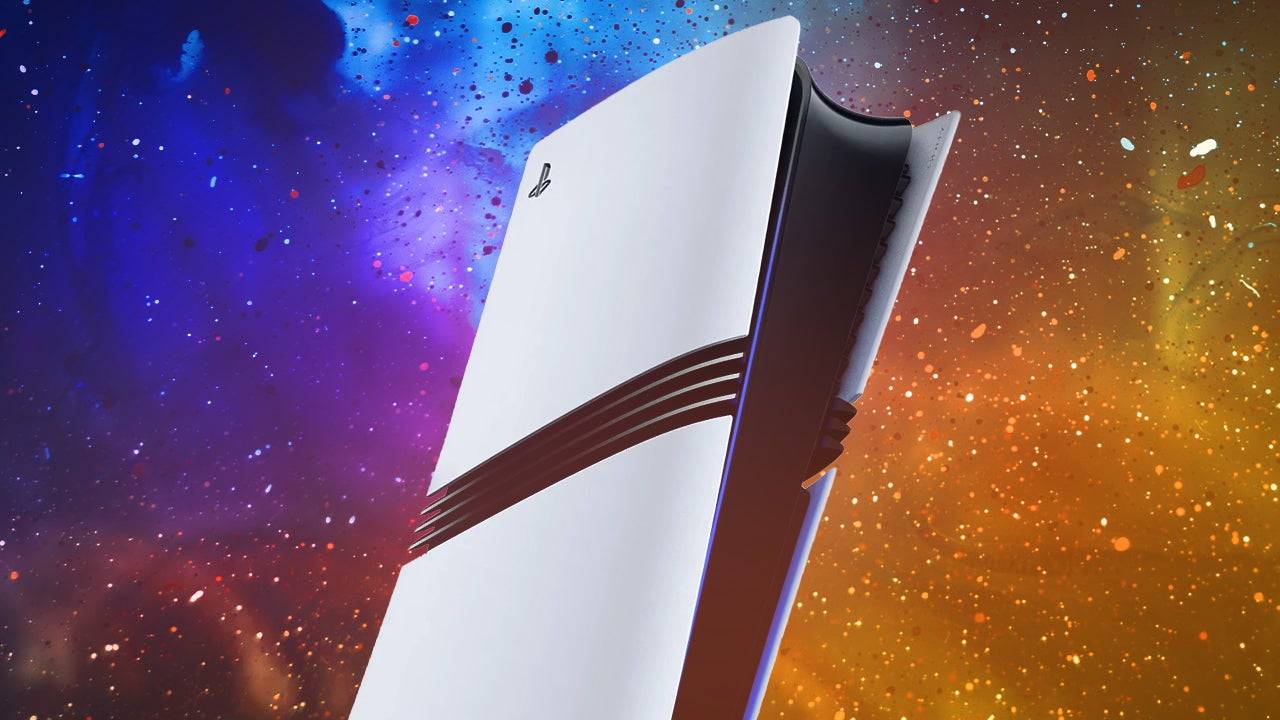
Meanwhile, Sony's PlayStation 5 is thriving, with 65 million units sold to date, significantly outpacing the combined sales of the Xbox Series X/S at 29.7 million. Sony's Game and Network Services reported a 12.3% profit increase, driven by strong sales of first-party titles like Astro Bot and Ghost of Tsushima Director’s Cut. Projections suggest Sony could sell 106.9 million PS5s by 2029, while Microsoft expects to reach only 56-59 million Xbox Series X/S units by 2027.
However, the PS5's success is tempered by the fact that half of PlayStation users still play on PS4s. The console's library includes only about 15 true PS5 exclusives, excluding remasters, which may not justify its $500 price tag for many consumers. The $700 PS5 Pro received a lukewarm response, with many feeling the upgrade came too early in the console's lifecycle.
The upcoming release of Grand Theft Auto 6 could be a game-changer for the PS5, showcasing its capabilities and potentially driving further sales. Yet, the broader trend suggests that the traditional console market is losing ground to mobile gaming, with companies like Tencent making significant moves into the space.
The console war may be over, but the battle for dominance in mobile gaming is just beginning. As cloud gaming and mobile platforms continue to evolve, the next chapter of video game history will be less about hardware and more about the strength and speed of cloud gaming server farms. The true victors in this new era of gaming are those who have embraced the shift towards mobile and cloud-based play.
Latest News
more >-

-

-
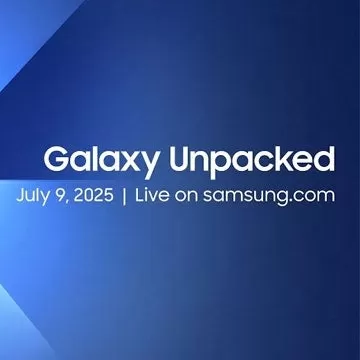
-
- Cardinals Watch Conclave Ahead of Key Event
- Feb 15,2026
-
